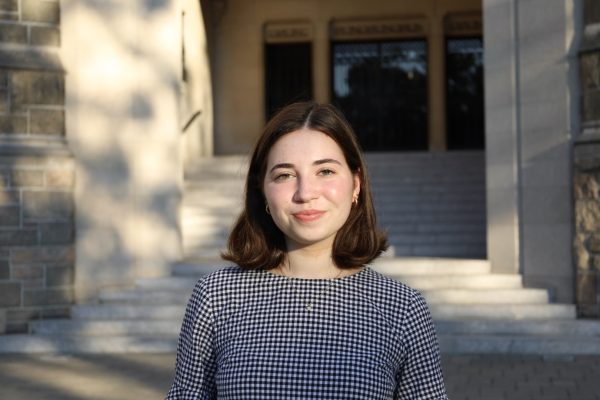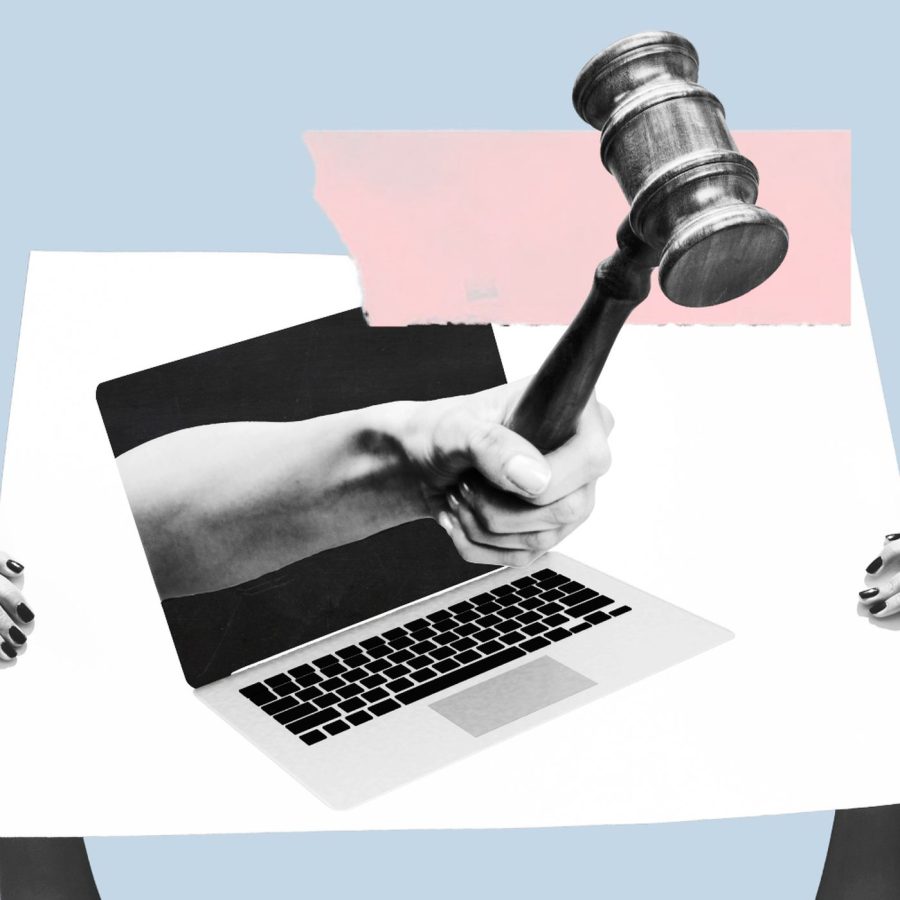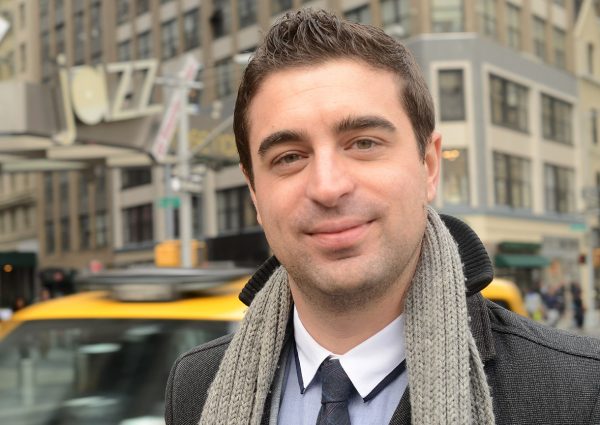Fordham Speech Acts Hosts ‘Cancel Culture’ Lecture
Fordham’s Speech Acts hosted a virtual panel discussion on “cancel culture” on Thursday, Nov. 4. The event was part of a series of virtual talks focusing on questions related to free speech, political polarization, the place of truth in an age of social media and related topics.
The webinar, titled “Cancel Culture and the Consequences of Our Words,” discussed the nature and extent of “cancel culture” in contemporary America. The webinar was moderated by Jessica Baldwin-Philippi, an associate professor of communications and media studies at Fordham, and included three panelists who each shared their own takes on “cancel culture” in America.
“Cancel culture” describes actions people take to hold others accountable, and these actions can often be unjustly appointed, ineffective or overtly cruel, according to the Pew Research Center.
The panelists included Cornell Belcher, president of Brilliant Corners Research and Strategies and a political contributor for MSNBC, Meredith Clark, associate professor and founding director of the new Center for Communication, Media Innovation, and Social Change at Northeastern University and Suzanne Nossel, CEO of PEN America.
“I think students already are really interested in and paying attention to this topic,” said Baldwin-Philippi. “I think having a panel of distinguished people from pretty different professions weighing in will give important context that will help students better understand important histories of the term, who has been empowered or disempowered by its practices and labeling certain actions as ‘cancel culture.’”
Belcher noted that “cancel culture” is more consequential today than in past decades. He drew a connection between “cancel culture” and politics of grievance, a form of politics which is based on resentment of some other group of people. Belcher sees “cancel culture” as both a continuation and the newest iteration of politics of grievance. While “cancel culture” has its upsides, Belcher said that it can easily be abused through methods such as exposure trolling, where someone takes an act that is harmful and uses it in order to draw attention to themselves and get on the radar which results in ticket sales, protests and open controversy.
Belcher labeled these trolls “chaos agents,” people who are not looking for anything other than joy that people are anguished over what they say. In his final comments, Belcher addressed the audience and asked them to reflect on the role they play in “cancel culture,” asking, “Are we guilty for giving these ‘chaos agents’ power? What role do we play in fueling this fire and how does our technology enable ‘chaos agents?’”
Similarly, Clark outlined the difference between productive and nonproductive rage, labeling “cancel culture” as a form of nonproductive rage. Clark also spoke on the roots of“cancel culture”: Black Twitter. The term stems from Black Twitter users using their online influence to set trends and demand rightful accountability. Clark said she thinks the “culture” part of “cancel culture” speaks to a larger meaning that isn’t well interrogated when the term is used. Clark said her solution to “cancel culture” is to strengthen relationships between the person who is being called out and the party calling them out. Strengthened relationships between the two parties will foster an environment where they can work together toward a more common remedy, explained Clark. Rather than forcing people to publicly apologize, Clark said that in every case, we need to take the opportunity to learn and teach others as opposed to simply spitting out an ingenuine apology.
Nozel spoke on “cancel culture” in relation to free expression, clarifying that “cancellation” is not censorship. Nozel explained that censorship denotes government intrusion on speech. She highlighted three elements of cancellation: incident of speech, isolated occurrence (not a systemic pattern) and element of official escalation and demands for official punishment. She outlined the detrimental effect of “cancel culture,” deepened divisions and polarization. Nozel closed by addressing the inherent anti-democratic nature of “cancel culture.”
“As a democracy and society based on presumption of innocence, we have to care about the unfairness that is often tied to ‘cancel culture,’” said Nozel. “Even if that unfairness is resolved and the person ‘cancelled’ is reinstated, they still carry the stigma with them.”
While the three panelists discussed “cancel culture” from different perspectives, all three came to a similar consensus: “cancel culture” often causes more harm than good.

Sofia Donohue is a senior from Kensington, Md., who is majoring in English with a double minor in history and Italian. She first joined the Ram as a digital...











































































































































































































